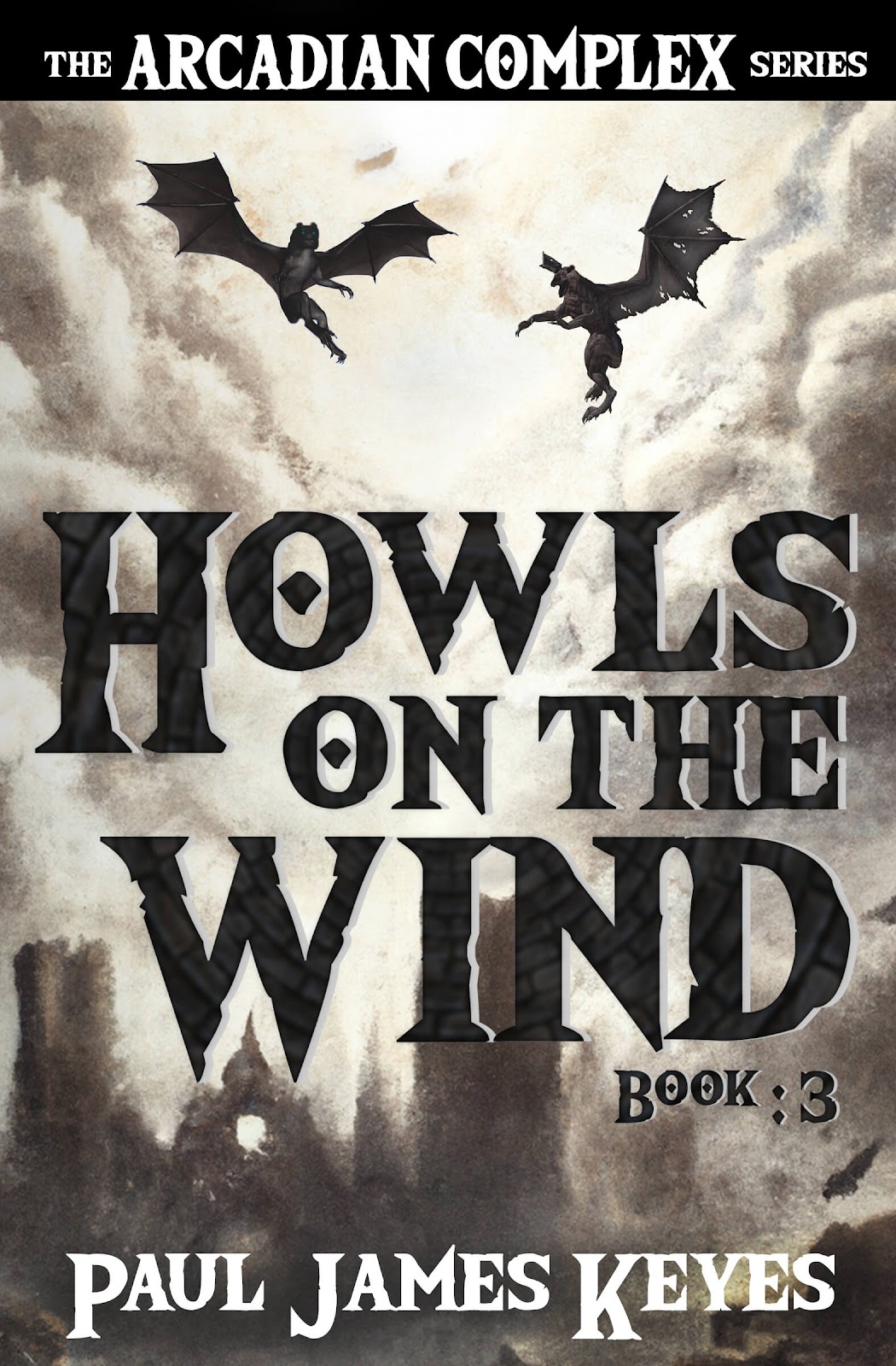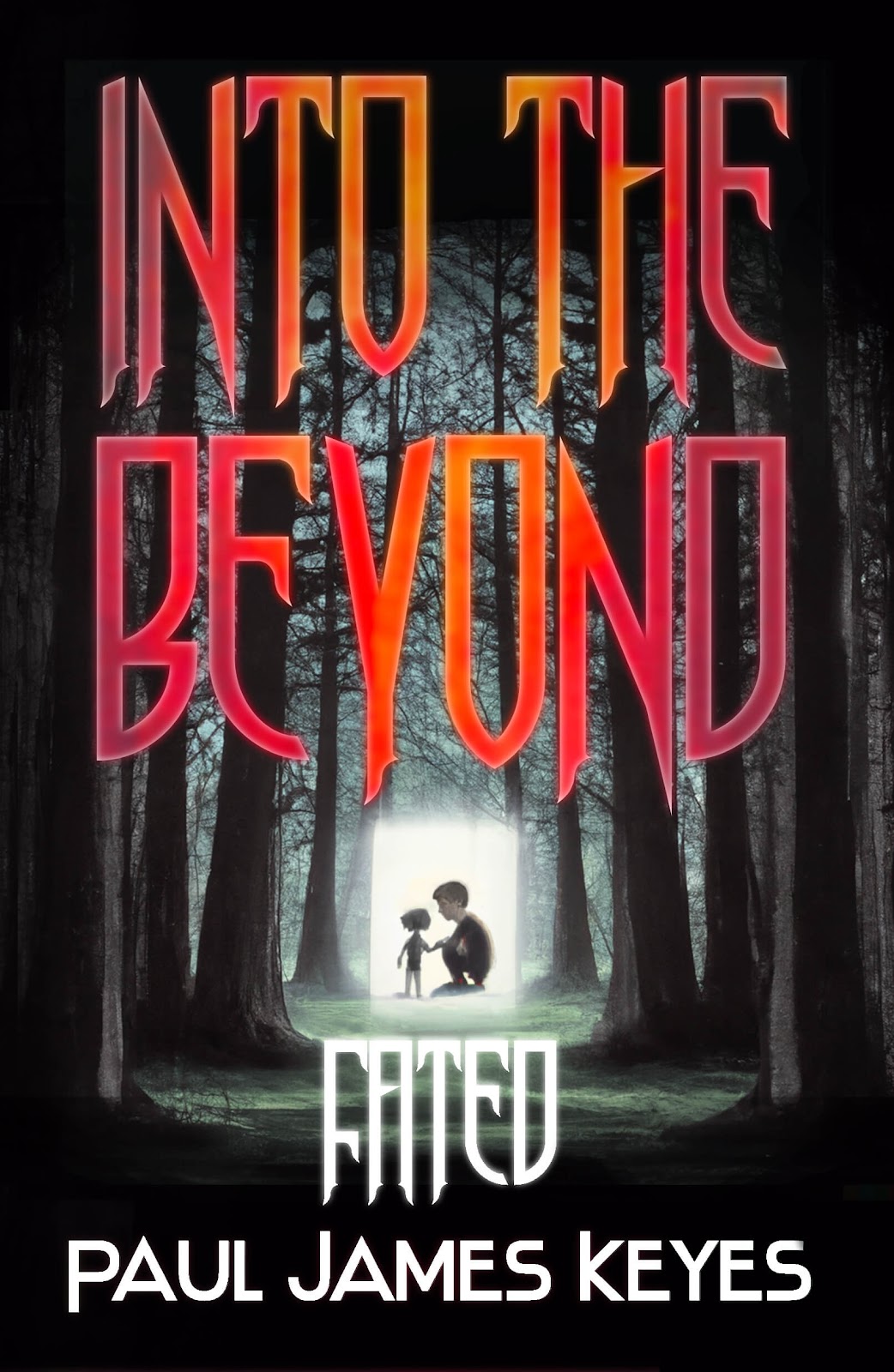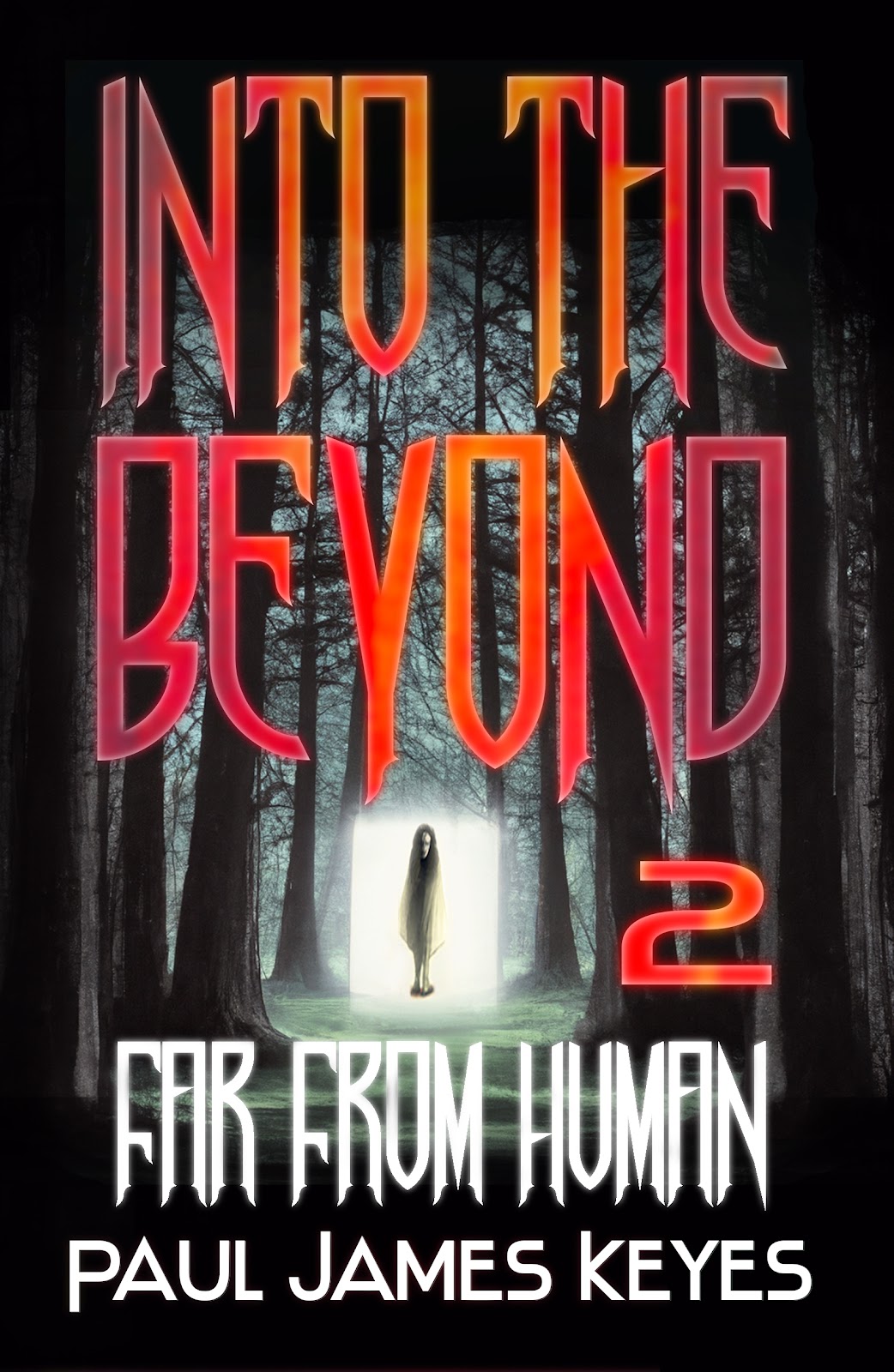Hi friends, Fantasy/Sci-Fi/Horror author Paul James Keyes back with another newsletter!
I’ve done a lot of rather sciency newsletters to date—last time I talked about nuclear fusion becoming a reality [LINK TO NEWSLETTER 8 - We Have Ignition]—so today I thought I’d mix it up with a writerly newsletter. Today I want to talk about Fantasy tropes, and how I smash them.
Of course, everything in writing is subjective, but people know whether or not they’ve enjoyed what they’ve read. Sometimes all a reader wants is the sense of the familiar—this is where tropes shine—but to me, when I read, I prefer to be entertained and led to think about new interesting concepts, not just the same old formulas rehashed a thousand times over.
My philosophy as a writer is simple: People need a sense of the familiar to hang on to in order to feel comfortable within a story. Great stories, however, smash your comfort, sweeping your legs out from under you, and leave your beloved characters headless in a ditch—I’m looking at you, George R.R. Martin.
In order to smash a reader’s expectations I first need to build-up those expectations. Enter: Tropes.
Popular fantasy tropes, what they do, and how I twist them into compelling original experiences for my readers:
(I got this list of popular tropes from https://www.writerswrite.co.za/101-fantasy-tropes-for-writers, but the commentary beneath each item is my own)
1. The Dark Lord. An ancient evil from the elder days is once again threatening the world.
This trope is often used as a great call to action for a would-be hero. I have an “evil king” in my Dark Fantasy series, The Arcadian Complex https://www.amazon.com/dp/B089SR9SFW (Read FREE with Kindle Unlimited), but unlike so many other stories, by the time my protagonists confront the ‘big bad’ for his actions, the reader has already learned of a rich backstory that complicates who the true ‘bad guy’ of the series is. Other great stories have complicated the Dark Lord trope before, Star Wars, for example, twisted original audiences expectations when Darth Vader informed Luke of his lineage and cut off his hand. If evil is simply evil and good is simply good, then characters are simply boring.
2. The Chosen One (protagonist) whose job it is to defeat the Dark Lord (antagonist) and restore the natural order of the world. Often a sword is involved.
It’s a very basic story, isn’t it? I’ve read a number of these. One enjoyable one that comes to mind is The Wheel of Time series. I was inspired as a young teen by that series to become a writer. The funny thing about The Chosen One trope is that the one who has chosen the hero is ultimately the writer, and there usually isn’t any more to it than that. Some ancient prophecy maybe, but not a whole lot of answers. A character simply being chosen by fate rather than making their own decisions undercuts their characterization. They aren’t on their path for any reason other than happenstance. I bill my own story as having a man with a prophetic “mark of kings” on his arm. He is prophesied to become king, but if you know my mantra, maybe he really isn’t, and it’s just a branding that affects the way the people around him treat him. I don’t mind characters being chosen by fate when they still have agency and have to grapple with the results of their actions. The point here is that using a trope like The Chosen One doesn’t have to lead to a lack of nuance.
3. The Chosen One or Hero has been orphaned. It doesn’t matter how they were orphaned, only that family members are a liability to your protagonist and a headache to fit into the plot. (See any Disney cartoon for more information.)
And I’ll lump this one in with:
4. The Hero needs a mysterious parental figure. But, never an actual parent. They are there to guide them on their journey and offer advice.
Sometimes tropes can be really convenient. No one—writers, readers, or teenagers up to no good—want to be bogged down with unwanted parental units. Sometimes a complication is simply unappealing to a writer. I’ve written orphans and non-orphans alike, but there’s just something about an orphan’s pain that makes them a sympathetic character. In The Arcadian Complex, the mysterious parental figure is the grandfather. Rather than never talking about the parents, the grandfather is a storyteller himself, and the absence of the parents becomes as important to the story as Harry Potter’s parents were to that world. By having the absent parents still present in the characters’ minds, this trope is officially smashed.
The list of tropes I linked above continues on for another fifty or so points, and is rather amusing, but I’ve already gone on too long for this newsletter. I have no affiliation with that site, so don’t bother clicking the link on my accord—I simply added it as a source for those interested.
If you want to see how I subvert expectations and tell a fantasy story like no other, my links are below!
Until next time, stay safe out there!
https://www.royalroad.com/fiction/57968/into-the-beyond-part-1-fated


















No comments:
Post a Comment